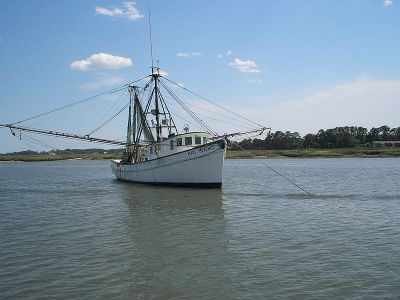
An EU research project worked to develop the evidence base and operational framework needed to make Europe's new ecosystem-based approach to fisheries management work.
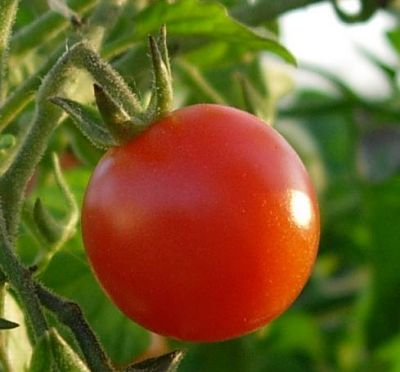
Plants, like animals, have developed immune systems that can recognise and respond to attacks by alien organisms. Beneficial soil-borne microorganisms such as rhizobacteria and Trichoderma species can induce a similar form of systemic immunity called induced systemic resistance (ISR).
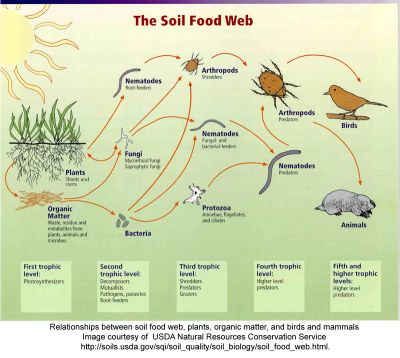
Consumers are becoming increasingly aware that the type of food they choose to buy and where it comes from impacts their health, the environment, local economies and societies. An EU initiative is analysing global and local food supply systems and their performance.
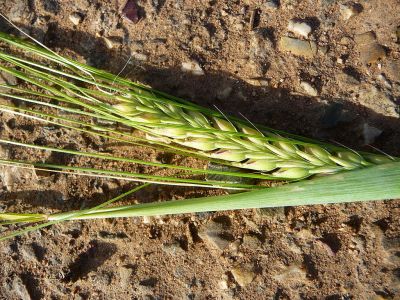
The European Food Safety Authority (EFSA) has recognised the health benefits of barley, from cardiovascular disease and diabetes to high blood pressure and certain types of cancer. An EU initiative is utilising new technology and innovative techniques to increase the availability of healthy foods made of this food grain.
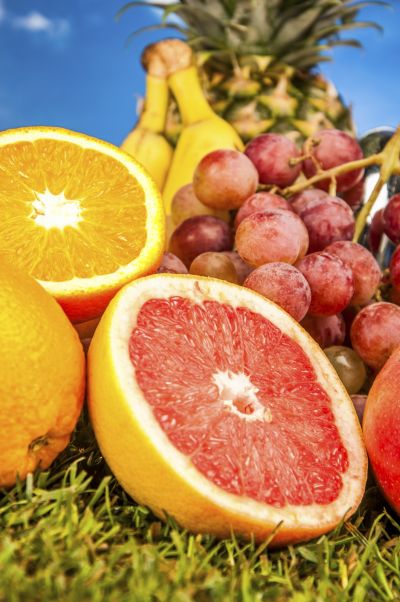
An estimated one third of global food production is not consumed. An EU initiative is working towards a 50 % reduction in EU food waste by 2020.
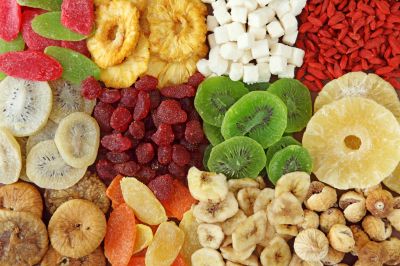
Drying heat-sensitive foods in order to produce high-quality products is a challenge. An EU initiative has delivered a novel food-drying technology to achieve faster drying times and reduced energy consumption.
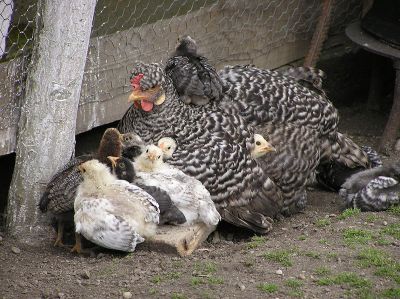
Animal diseases can cause serious social, economic and environmental damage and, in the case of zoonoses, threaten human health. EU funding supported the formation of a global strategic alliance to improve research coordination on these diseases.
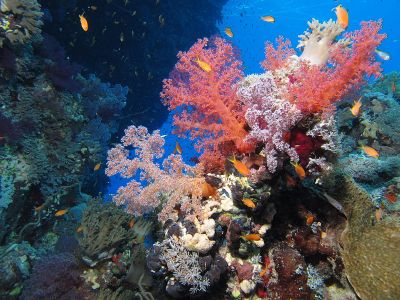
Although approximately 90 % of species found on Earth live in the marine and coastal environments, this vast diversity of life has not been thoroughly explored. By investigating organisms from a wide range of marine locations, scientists can discover new compounds with applications for health, agriculture and various industrial processes.
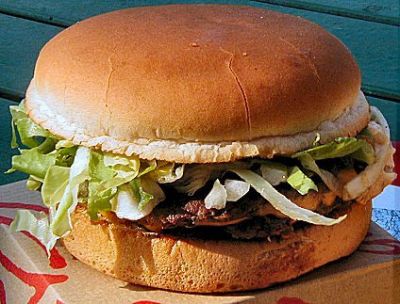
Food preservation techniques can lower quality and nutritional value. An EU initiative has developed novel conservation techniques to increase shelf-life without compromising quality and freshness for a range of foods.

An international research project is collecting genetic data associated with environmental stress in crop plants to help breeders create stronger cultivars.
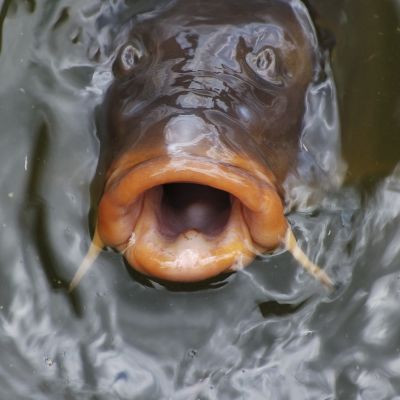
EU biologists have investigated the impact of vegetable ingredients in regulation of food intake of farmed fish.
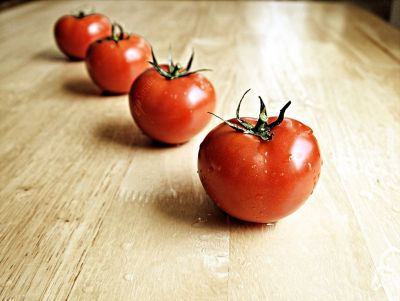
Sixteen partners from European and South American research institutes and companies are looking into environmentally friendly ways to create new bio-products from fruit and vegetable by-products.
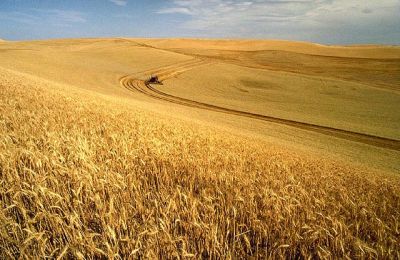
Parasitic fungi that devastate food crops such as wheat seriously impact global food security. Plant pathologists investigated the interaction between a pathogenic fungus and its wheat host in order to improve the host's defence response.
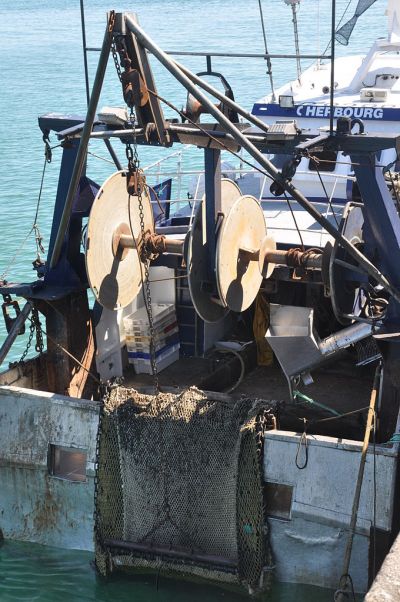
Successful technological innovations achieved through collaboration with the fishing industry will help protect benthic ecosystems and strengthen the economy of Europe's fishing sector
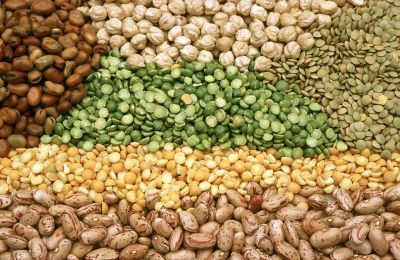
An EU-funded project has investigated how plant and soil traits can influence the productivity of mixed legume and non-legume communities.

The RESFOOD project is looking for ways to make food production, cleaning and processing more water, energy and resource efficient.
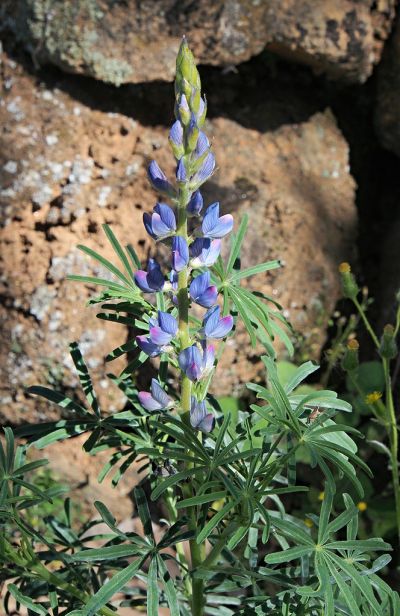
Health foods with a proven potential to control weight and reduce the incidence of obesity are of high marketable value. A European study is developing such dietary supplements with ingredients from the grain narrow-leafed Lupin (NLL)
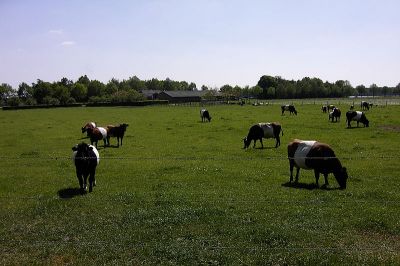
Researchers have identified ways to promote the use of grasslands on farms in the EU, resulting in efficient ruminant production systems and improved provision of ecosystem services.
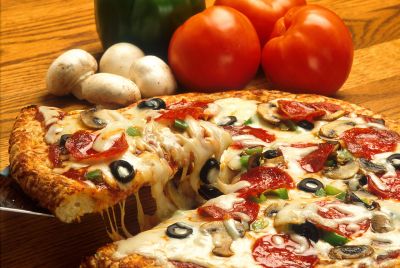
As the world's population continues to grow, providing healthy foods is an ongoing challenge. An EU-funded project developed a new food geography for sustainable food production.

A study examining the short- and long-term effects of consuming low-fat products has highlighted hidden assumptions.
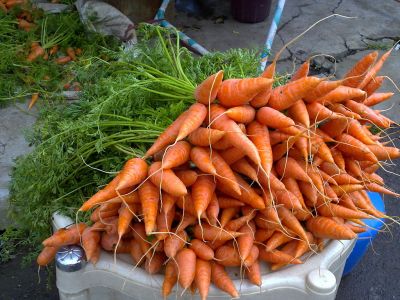
Two research calls have resulted in 14 enterprising projects on promoting organic food markets and farming systems, both in Europe and across the globe.
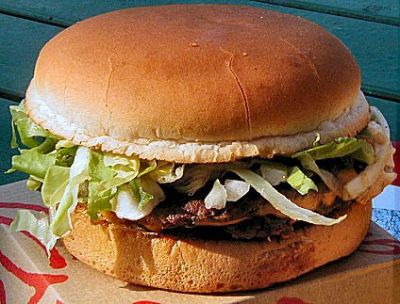
Annually, fruit and cereal processing industries in Europe and India generate millions of tonnes of by-products that are mainly disposed of as waste. Conversion of such by-products into food ingredients and new food products could increase profit and sustainability.
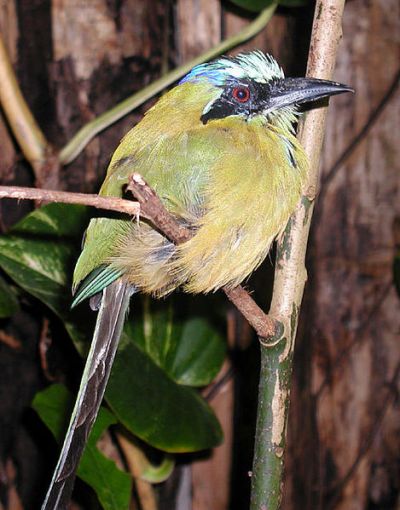
Researchers are investigating the unique reproductive behaviour of the Amazonian bird screaming piha as a foundation for conservation studies.
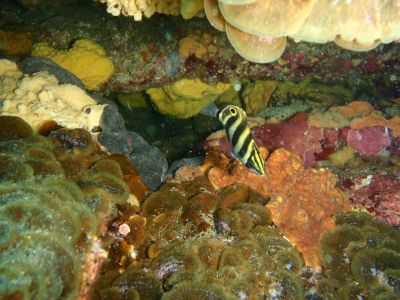
An EU-funded initiative, the CORALFISH project, was established to develop tools and methods to enable application of ecosystem based resource management in the deep sea. This was achieved through the detailed study of the interactions between cold-water corals (a vulnerable marine ecosystem), deep-sea fish and fisheries throughout European seas.
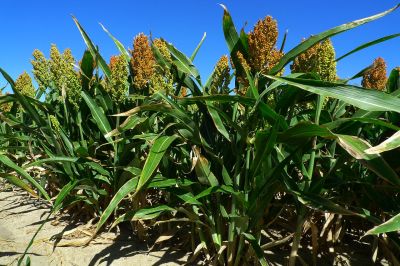
Sweet sorghum has many advantages over other crops when it comes to producing sugar for biofuel. A large international consortium has developed new hybrids, crop models and sustainability analyses to assist in exploitation in numerous environments.
























